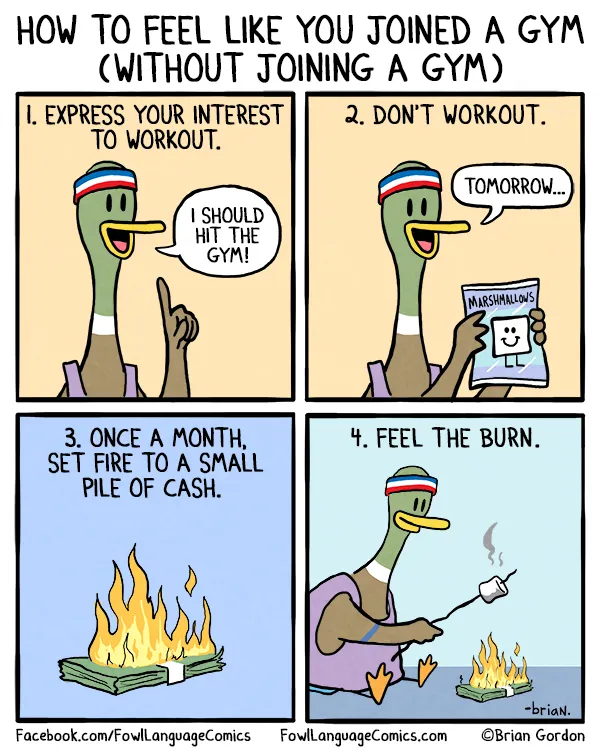this post was submitted on 02 Jan 2025
615 points (99.0% liked)
Comic Strips
13103 readers
2390 users here now
Comic Strips is a community for those who love comic stories.
The rules are simple:
- The post can be a single image, an image gallery, or a link to a specific comic hosted on another site (the author's website, for instance).
- The comic must be a complete story.
- If it is an external link, it must be to a specific story, not to the root of the site.
- You may post comics from others or your own.
- If you are posting a comic of your own, a maximum of one per week is allowed (I know, your comics are great, but this rule helps avoid spam).
- The comic can be in any language, but if it's not in English, OP must include an English translation in the post's 'body' field (note: you don't need to select a specific language when posting a comic).
- Politeness.
- Adult content is not allowed. This community aims to be fun for people of all ages.
Web of links
- !linuxmemes@lemmy.world: "I use Arch btw"
- !memes@lemmy.world: memes (you don't say!)
founded 2 years ago
MODERATORS
you are viewing a single comment's thread
view the rest of the comments
view the rest of the comments

Nit-pick time: I think the verb phrase "(to) work out" ought to retain the space between "work" and "out", even where the derived noun form is hyphenated or has no separation at all.
When the gerund becomes "workouting" and the past tense becomes "workouted"*, I might, begrudgingly, accept the lack of a space.
* or "workouten" I guess, if that old way of forming past tenses becomes fashionable again.
I have a similar pedantic issue between log in / login and follow up / follow-up.
Log in is an action. Login is part of credentials. >_<
Man that nitpick was a real mental workout.
How very German of you.
I understand your point in the context of "switch on" and "switch off", but the base verb "work" doesn't have many separable prefix/suffixes.
To work in? To work on (same as work)? To work about (does that mean anything)?
"They work in an office, where they work on some problems and work around (avoid) others."
"Work about" could be used in place of the latter but would sound a bit dialectal or rustic.
There's also "He does work about the place", meaning "He performs tasks in that place.", but there the "about" is part of the following adverbial phrase rather than a specifier on "work".
I think there's probably a case for most English prepositions after "work" come to think of it. As to how useful they'd be, well, it'd be a matter of finding a list of prepositions and see which of them works out.
There are actually more distinct meanings than I initially thought, but yeah most of them are prepositions